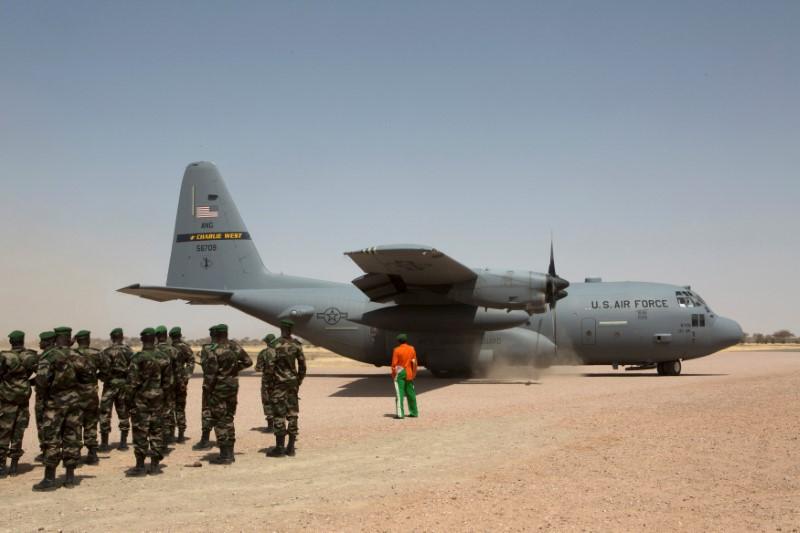
U.S. wants Sahel force strategy before giving money: officials

The United States strongly supports an African military force to combat extremist militants in the Sahel region, but needs to see a strategy for the operation before it considers funding, the U.S. envoy to the United Nations and the U.S. Africa commander said, Reuters reports.
According to Ambassador Nikki Haley and General Waldhauser, Washington is cautious of the 193 member United Nations funding the force. The Sahel force consists of troops from Mali, Burkina Faso, Niger, Chad and Mauritania.
The force will eventually comprise seven battalions, two apiece for Mali and Niger, and one for each of the other nations, with a total capacity of 5,000 men.
Command posts will be set up in Mauritania, Niger and Chad, representing the force in key western, central and eastern locations respectively, with Niger’s already in service.
The United States currently funds more than a quarter of the $7.3 billion U.N. peacekeeping budget.
According to the report, Haley said Washington wanted to know “what the strategy would be, how they see this playing out, what’s involved in it before we ever commit to U.N.-assessed funding.”
“Show us something, we’re open to it, we’re not saying no, but what we’re saying right now (is) there literally has been no information that has been given that gives us comfort that they know exactly how this is going to play out,” Haley told reporters on Friday.
A report to the Security Council by U.N. Secretary-General Antonio Guterres earlier this month said that the planned force budget of $490 million for the first year was only 25 percent funded, the report said.
According to Waldhauser, the G5 countries had discussed their planned counter-terrorism force with U.S. military officials in May at a U.S. organized defense conference in Germany.
The vast Sahel region has turned into a hotbed of violent extremism and lawlessness since chaos engulfed Libya in 2011, Islamists overran northern Mali in 2012 and as Boko Haram has spread its tentacles across the Lake Chad region.






